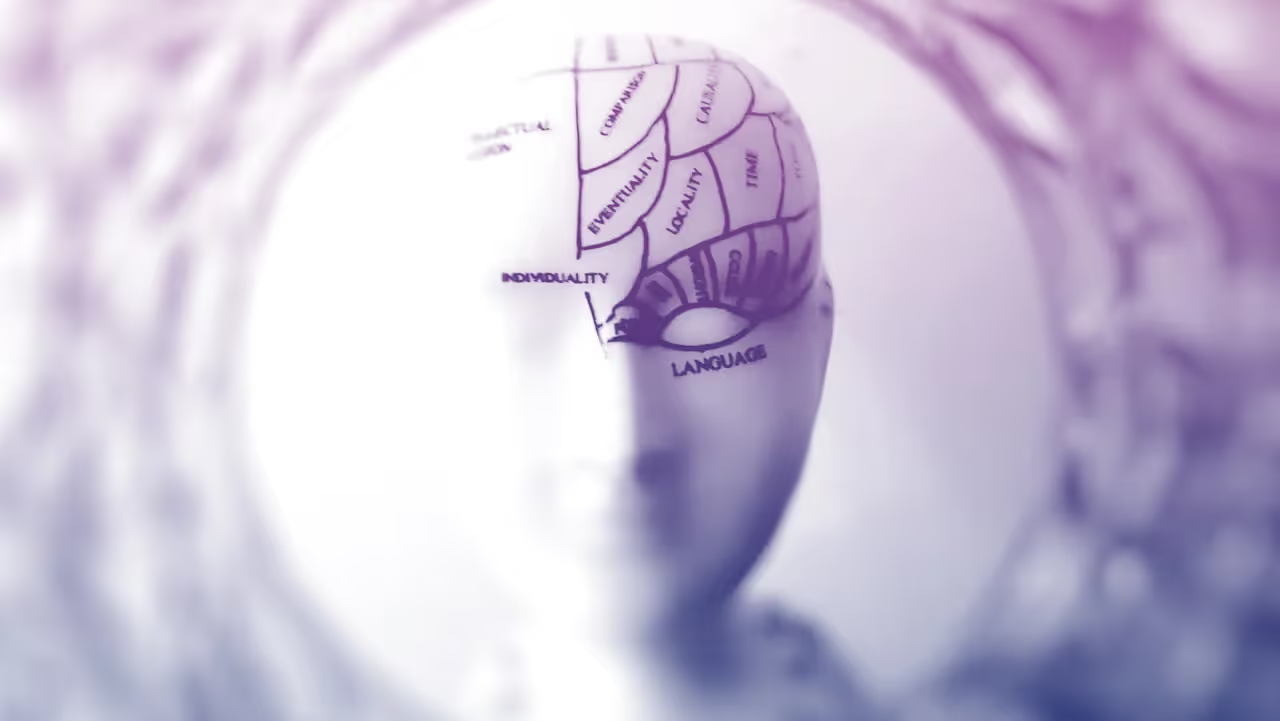When your open door regret closes for good

“Are you sure you two aren’t dating?”
In high school, my best friend Mike and I were joined at the hip. Can’t find Mike? Just find Brian. And vice versa.
We both did stage crew, played on the volleyball team, formed a rock band, and slept over each other’s houses staying up until 4am having deep, emotional talks about our lives and what we imagined for the future.

People weren’t joking when they asked about our relationship, and they weren’t making fun. We grew up in a very liberal town. They were genuinely curious.
No, we weren’t romantically involved. We were two guys with a deep, emotional bond, and unafraid to express it, to each other and in public.
And then we went to different colleges, 6 hours apart.
Over the first year or two, I grew frustrated with him. He was a brilliant mathematician, a top notch student. But at college he’d taken to partying and goofing off. His grades slipped. His motivation dropped.
Meanwhile I dove headfirst into college, joining every club, winning academic awards, playing in rock bands, and making money as a magician on the nights and weekends. It was so much I developed panic attacks.
But because I was amped on my success, it’s all I wanted to talk about. He grew frustrated with me.
Mike thought I was becoming self-absorbed and arrogant. I thought he was becoming lazy and unmotivated.
At the time, we were both right. And so, our relationship faded. We never fought about it or had some big falling out. We just… drifted.
The Worst Kind of Miracle
Nearly 8 years went by with hardly a text let alone a phone call. We occasionally met up when I was in town, but only in groups, and the conversation was always forced.
And then one day the phone rang. It was Mike. My heart started racing. Something must be wrong. He hasn’t called me since college.
“Hey man, what’s up?”
“Hey buddy. I have cancer. I wanted you to know before I announced it publicly.”
I’ll never forget that moment. Mike had recently become a father, and his kid was still just an infant. I was devastated, and instantly felt the flood of regret for all the missed years.
That fall I drove back to our hometown to partake in a benefit fundraiser for his medical bills. I did magic tricks for the guests. We talked deeply and lovingly for the first time in nearly a decade.

In the face of such devastating news, we put the past where it belonged and rediscovered our love for one another.
The question was, is it too late?
What do we actually regret?
Daniel Pink recently released a new book, The Power of Regret. It exquisitely breaks down our most misunderstood emotion, and argues that regret can be a powerful motivator, and one of life’s greatest teachers – if we learn to see it and use it properly.
He and his team conducted the largest survey on regret in history, called The World Regret Survey, with over 4,000 responses representing a cross section of the global population on every conceivable metric.
What they found was very different from previous surveys and studies on regret. As recently as 2005 we were told that what people regret most is lack of education, then career choices, and then failed romantic relationships.
But Pink and his team discovered that regrets actually break down in four core categories rather than by topic. Those categories are:
Foundation regrets: “If only I’d done the work.”
Boldness regrets: “If only I’d taken that risk.”
Moral regrets: “If only I’d done the right thing.”
Connection regrets: “If only I’d reached out.”
I’ve experienced at least one of each of these, and I bet you have too. But let’s take a moment to talk about that last one and why it’s so devastating.
Connection Regrets
Daniel Pink writes,
“Connection regrets are the largest category in the deep structure of human regret. They arise from relationships that have come undone or that remain incomplete .…
A relationship that was once intact, or that ought to have been intact, no longer is.”
He goes on to explain that there are two primary types of connection regrets, and both nag at us but for different reasons.
Closed door regrets happen when someone has died, and it bothers us because we can’t do anything about it. Open door regrets happen when someone is still living, and it bothers us because we can still do something about it, but we haven’t or don’t know how.
Ultimately they each deliver a different lesson, according to Pink.
“The lesson of closed doors is to do better next time. The lesson of open doors is to do something now.”
So, where did that leave me and Mike?
A Tale of Two Weddings
Mike received cancer treatment at one of the finest facilities in America. He lost his hair, went on a crazy diet for a while, and had to completely disrupt his life for a year.
But he beat it. His cancer went into remission and he fully embraced being an amazing dad. A few years later he was a groomsman in my wedding, and a couple years after that I was a groomsman in his.

Today he is officially cancer free and we talk on a regular basis.
I regret the years we lost, but I’m so grateful that we got a second chance. Don’t make the same mistake. Don’t wait for that person you’ve lost touch with to get sick, or worse.
As Daniel Pink says, you can anticipate regret and use that as a motivator to make better decisions in the present.
Human connection is too important to regret. Don’t let your open door close.





